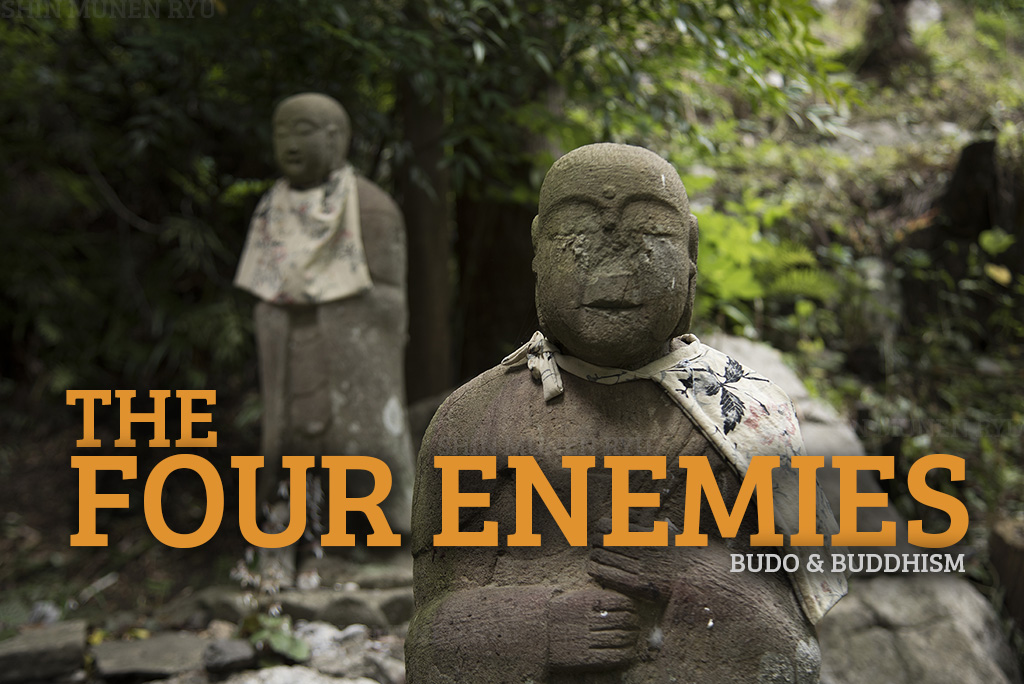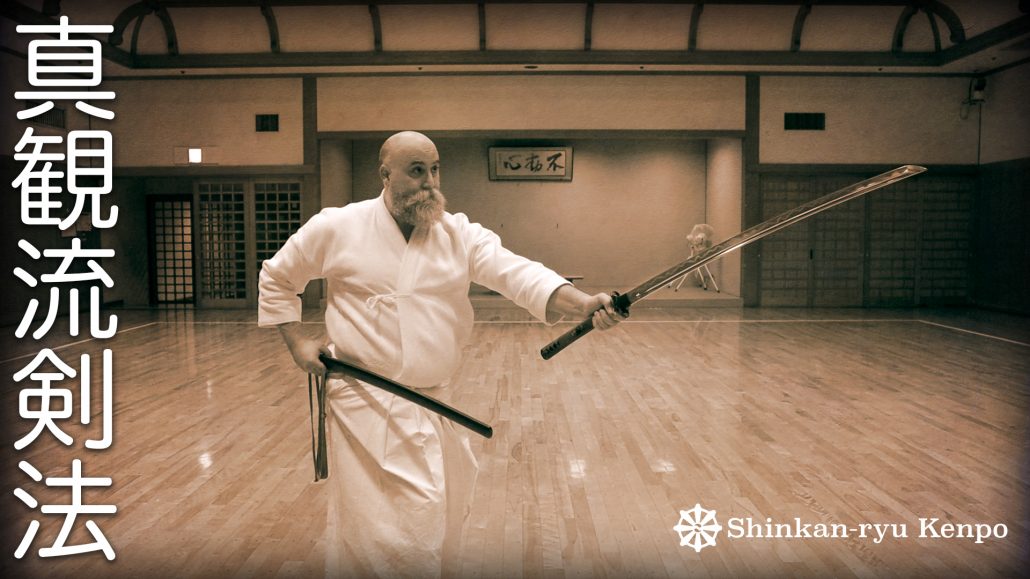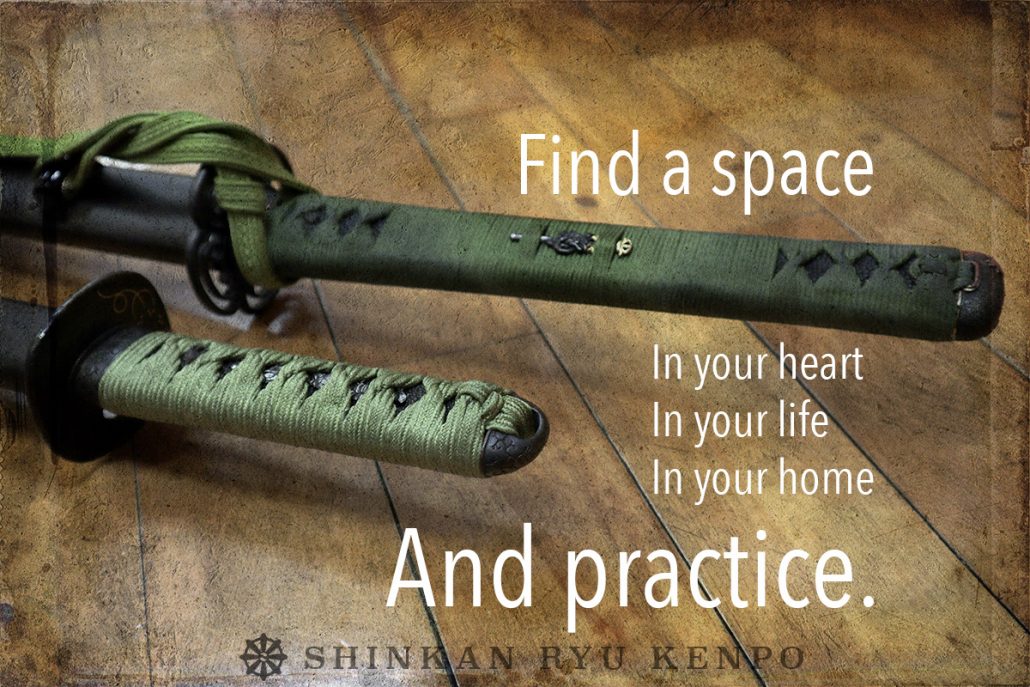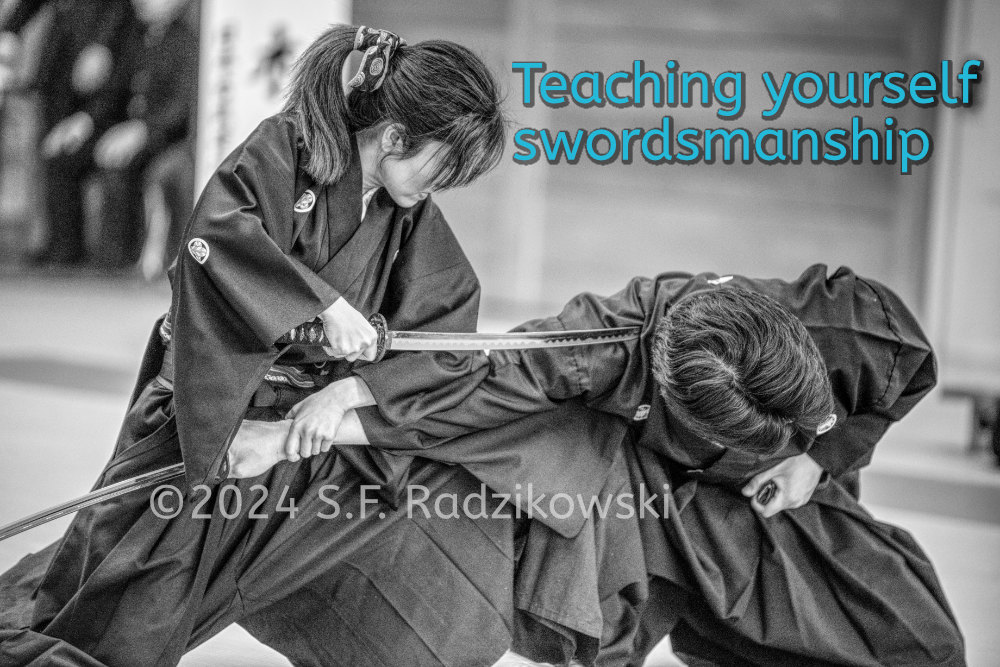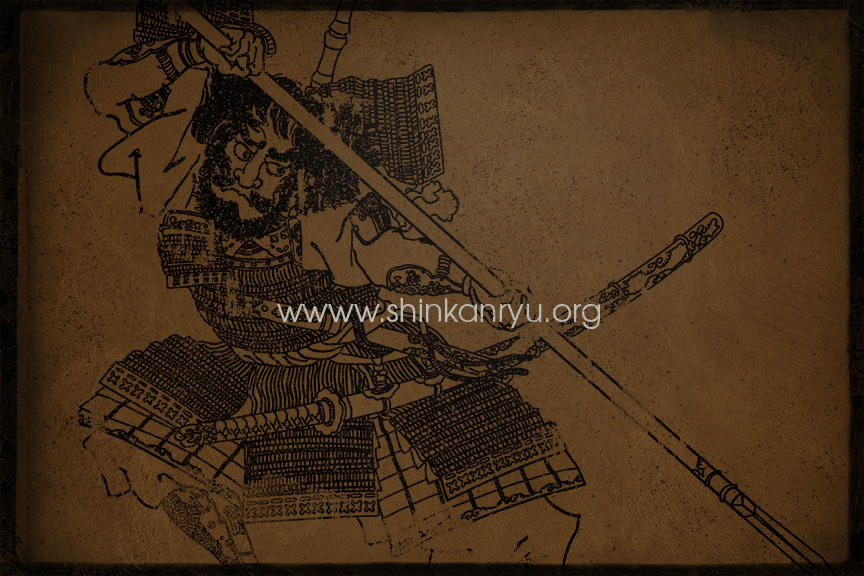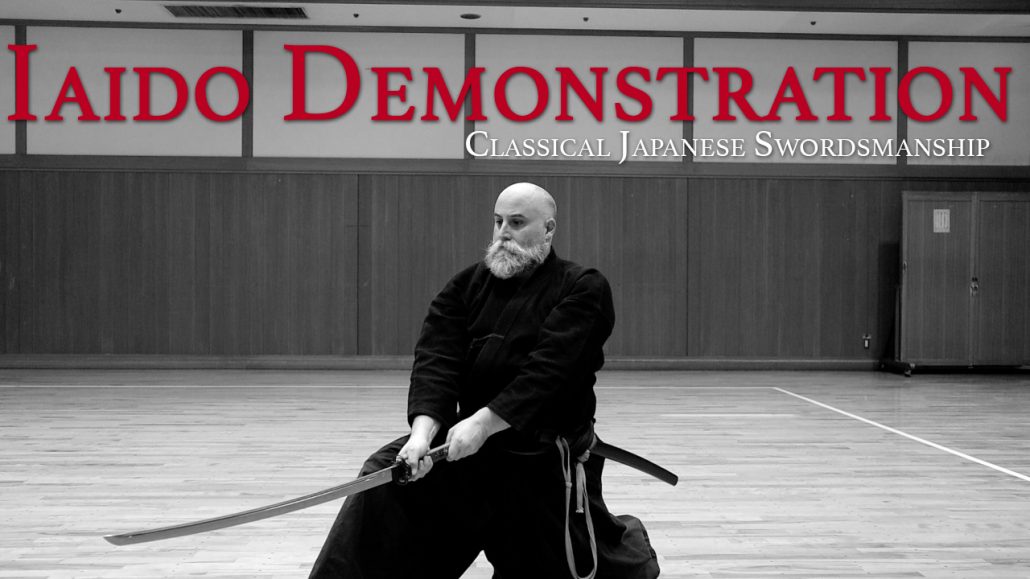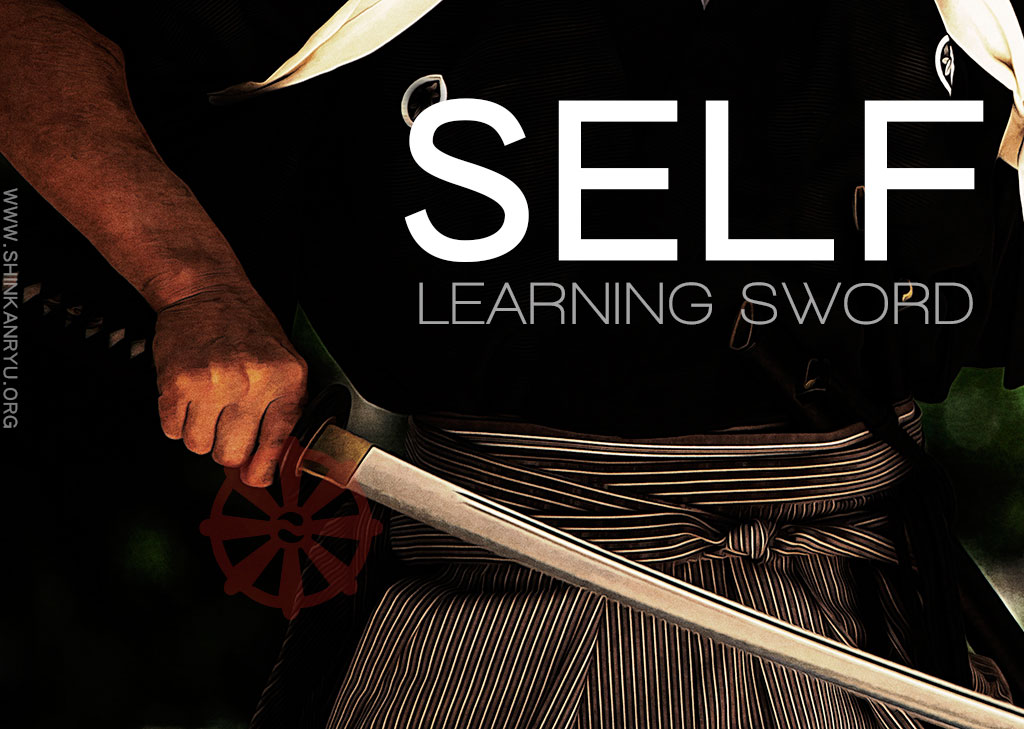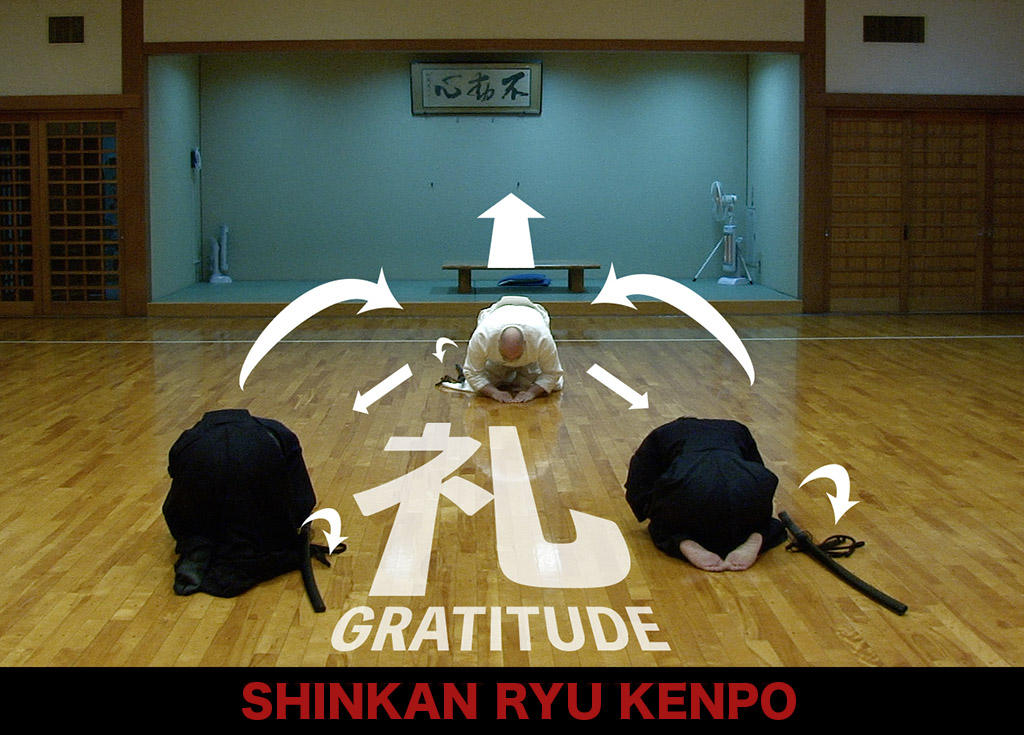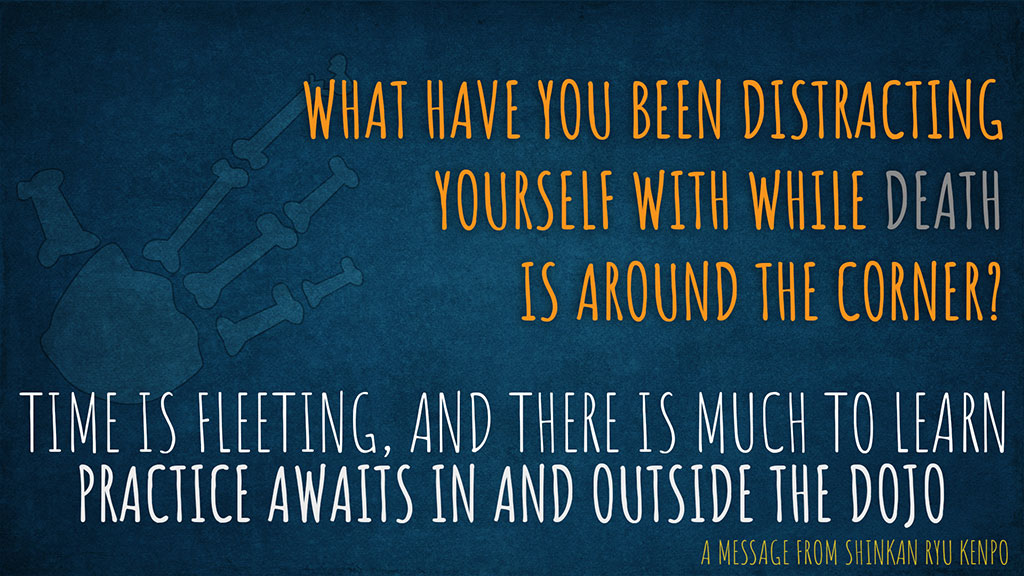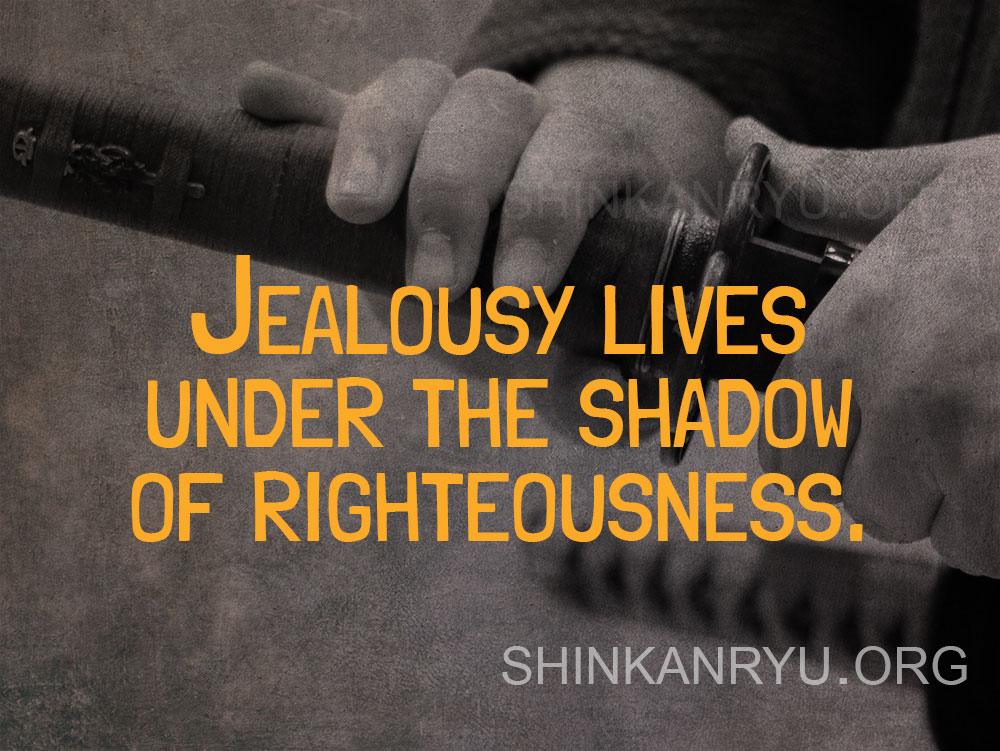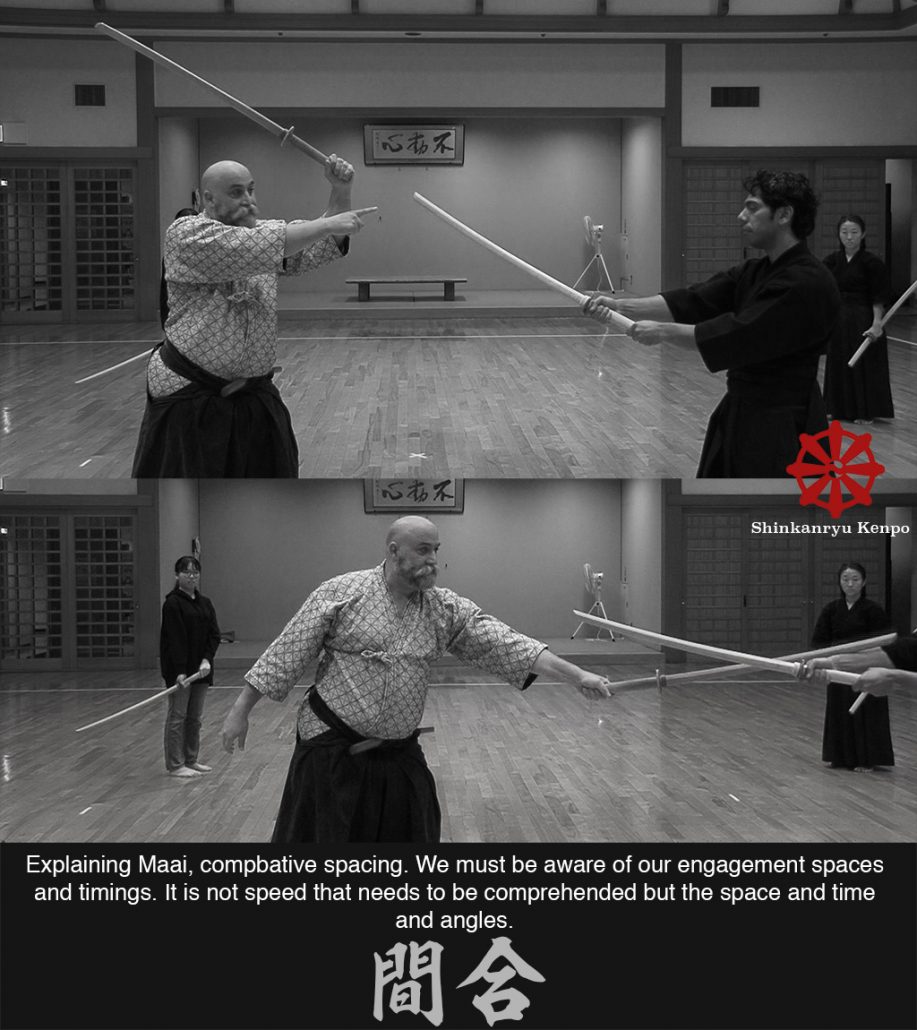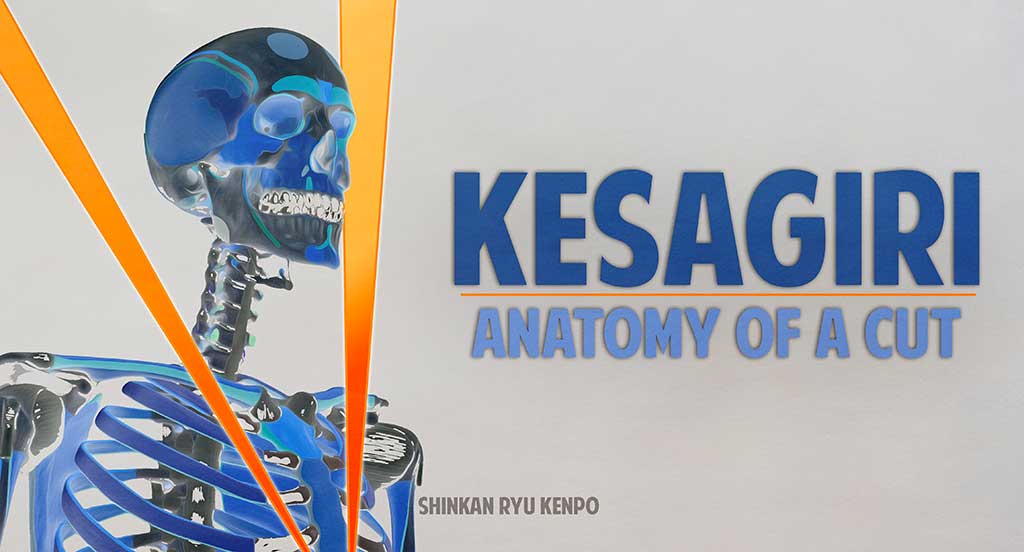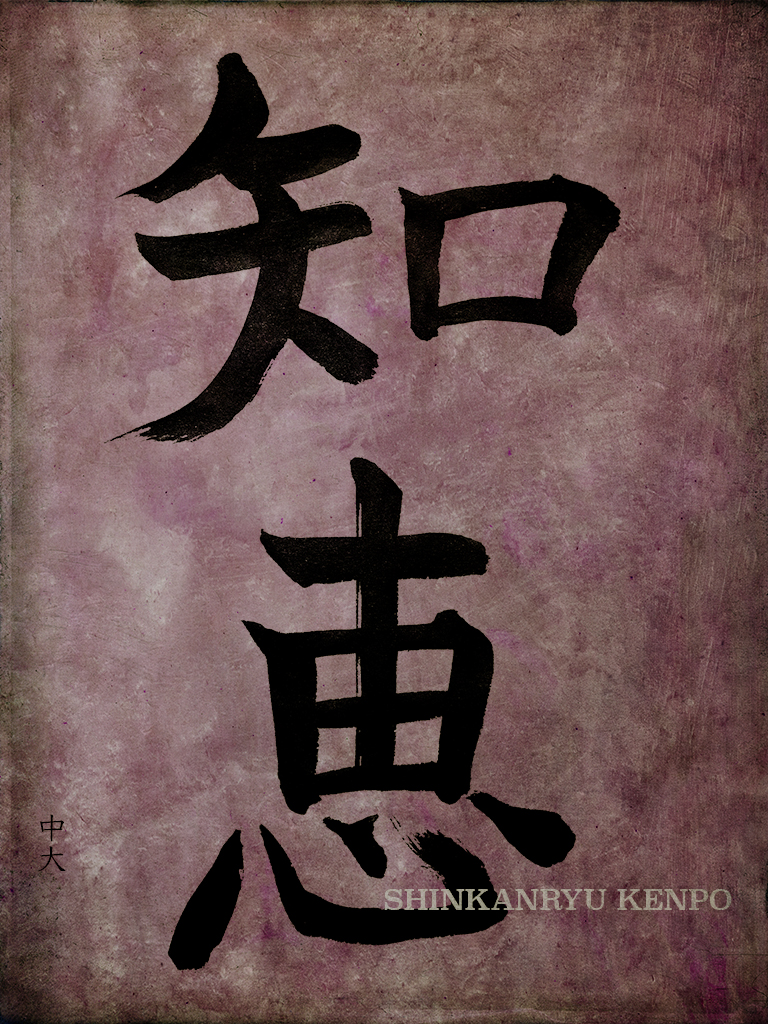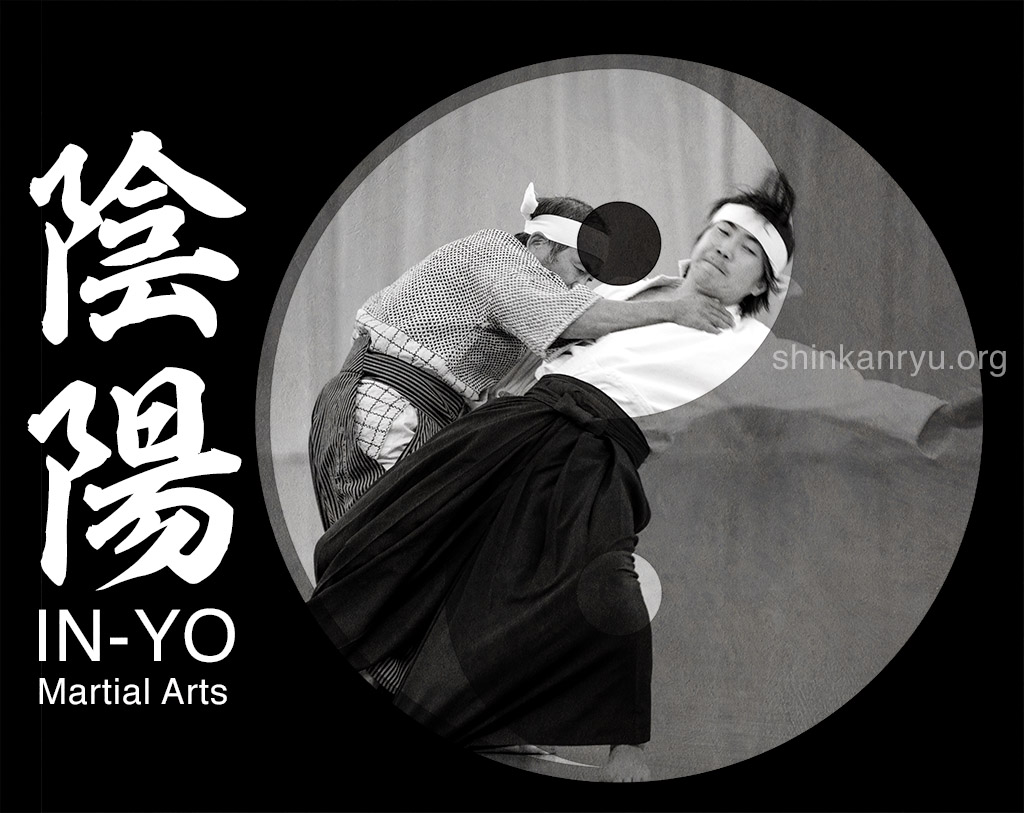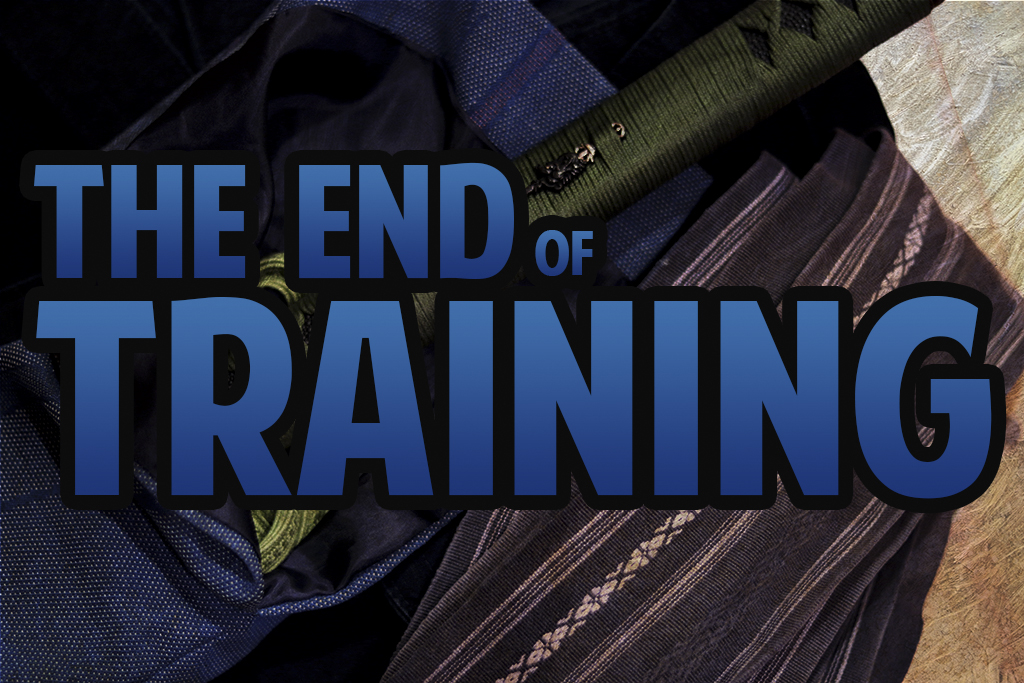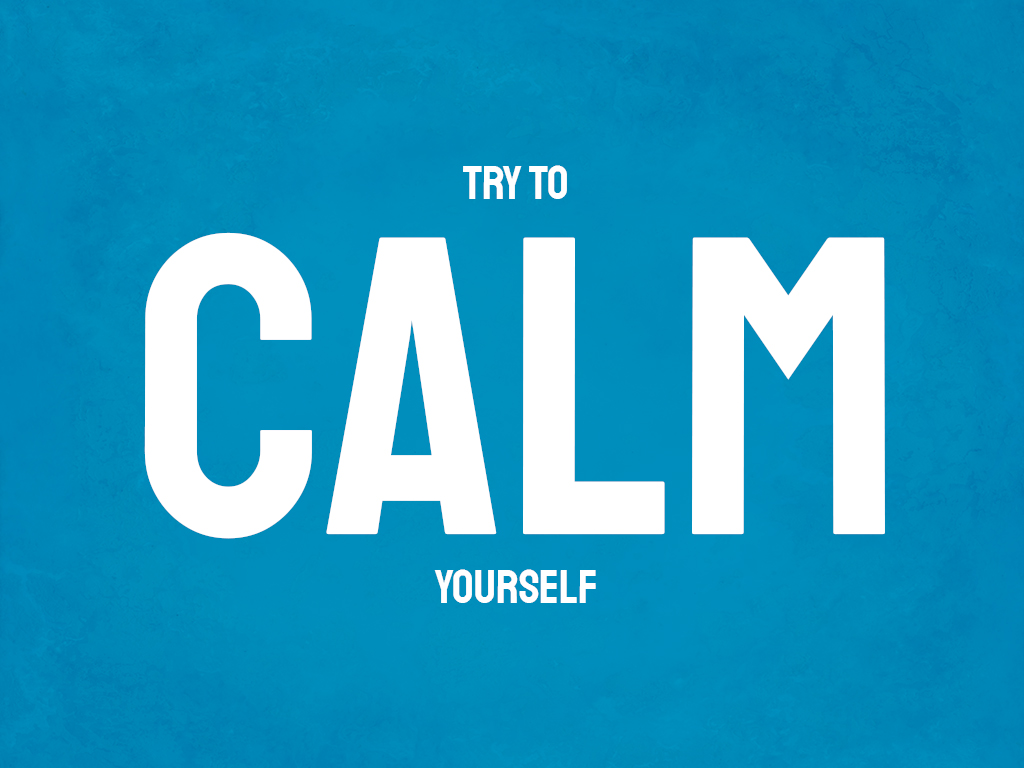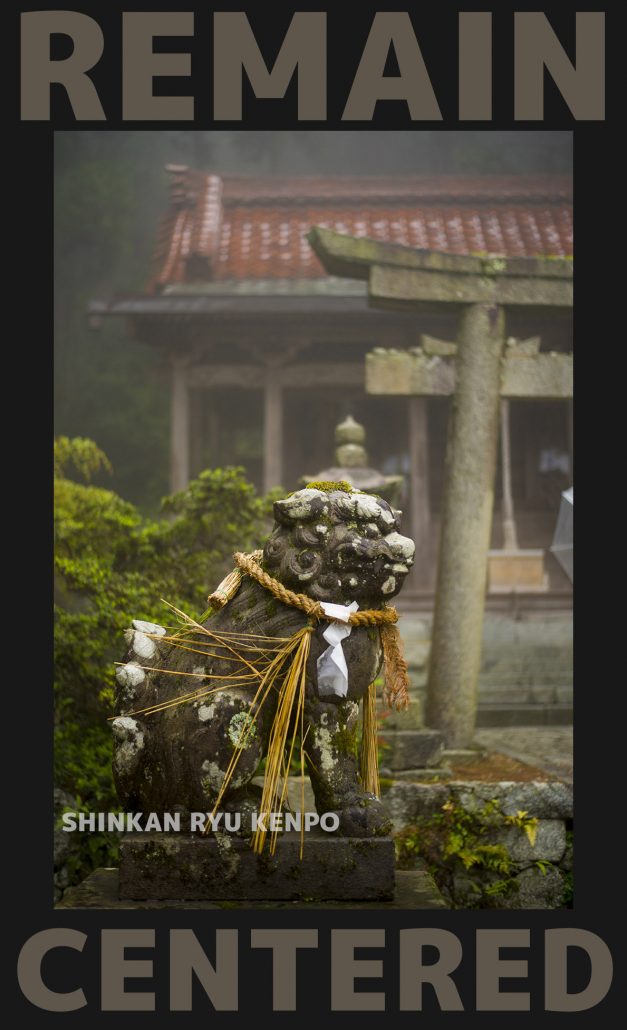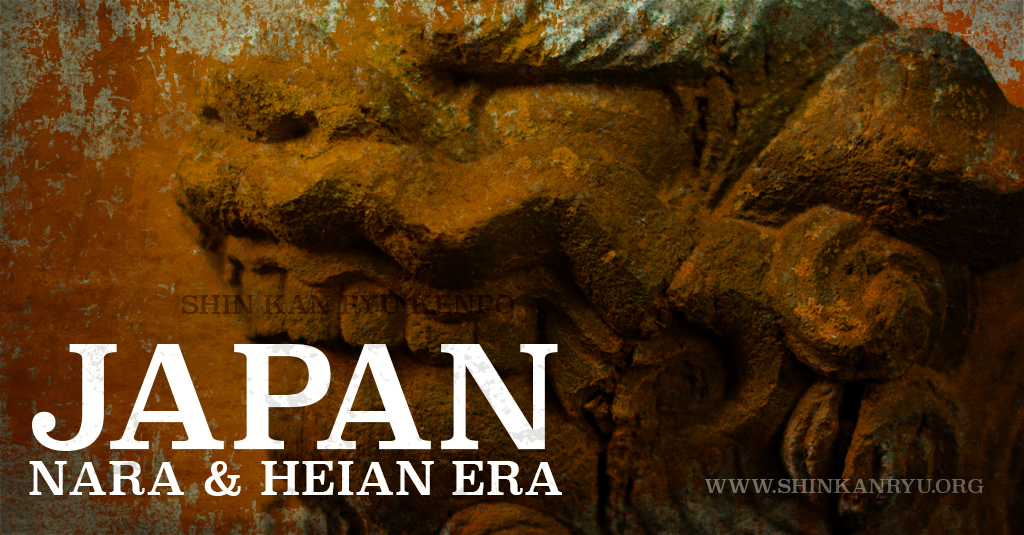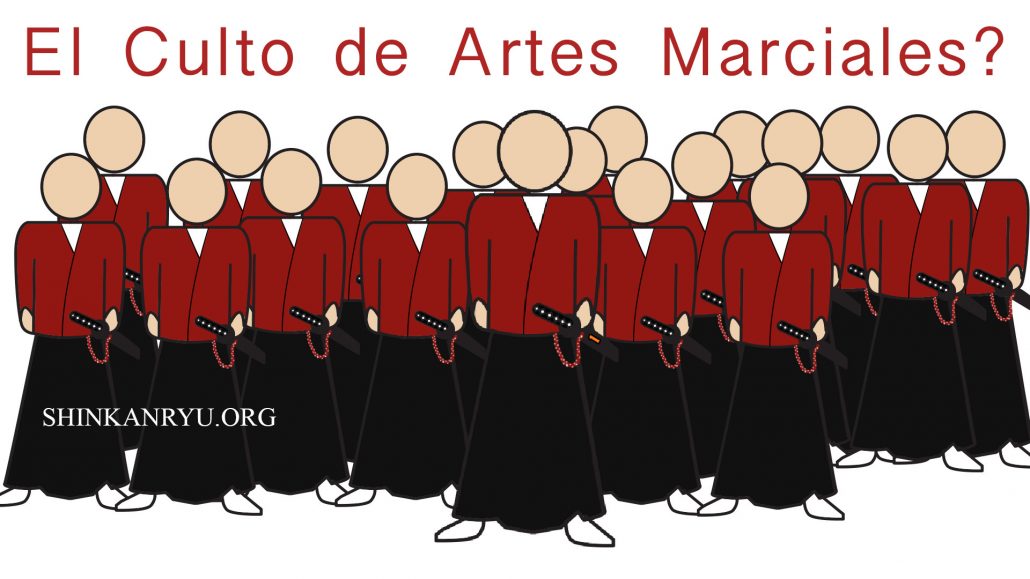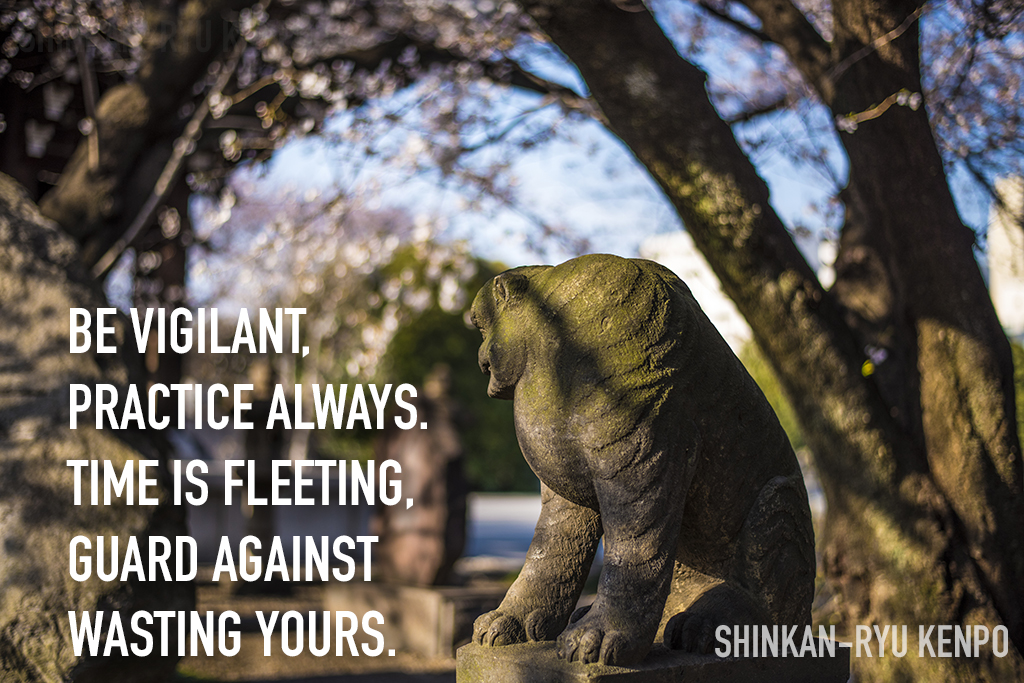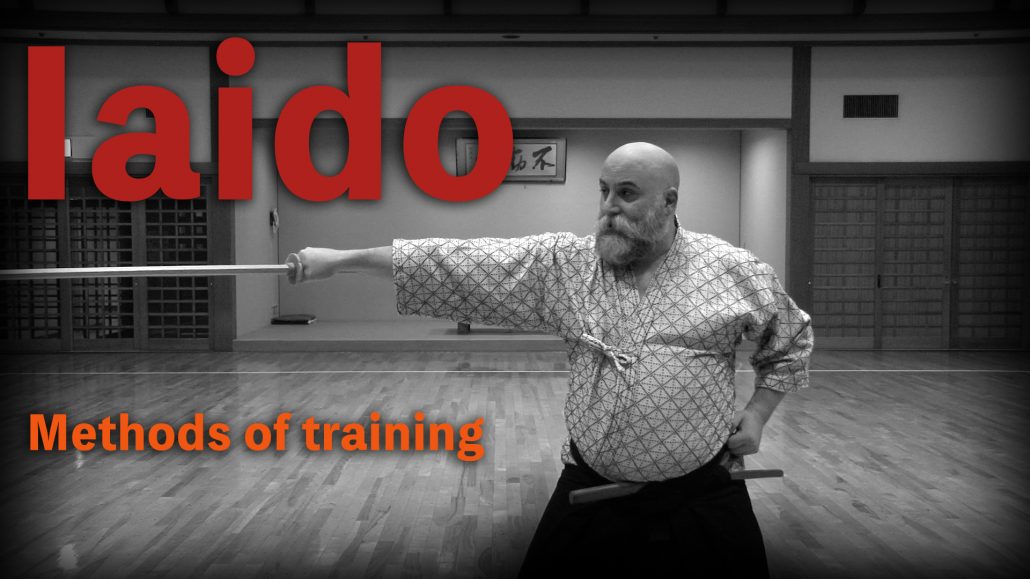Four Friends. Four Enemies.
One morning while on alms rounds the Buddha gave a heap of advice to the son of a homeowner, Sigala, whom the Buddha saw praying in the six directions. The Enlightened One touched on the subject of the four enemies.
Be aware of these four enemies disguised as friends;
The taker.
The talker.
The flatterer.
The reckless companion.
The Buddha summed it up in a verse saying, "The friend who is all talk, and the friend of empty of words, and the friend that is full of compliments, and the reckless friend. These four are not friends but enemies. The wise understand this and keep them at a distance. as they a path beset by danger."
The taker is identified as four things; only taking, asking for a lot, yet giving little. Performing duty out of fear. Offering service in order to gain something.
The talker is identified by four things; by reminding of past generosity. Promising future generosity. Hot air speech of a flattering disposition. Protesting personal misfortune when called on to help.
The flatterer is identified by four things; by supporting bad and good behavior indiscriminately. Praising to your face and putting you down behind your back.
The reckless companion is also identified by four things; accompanying in drinking. roaming around at night, partying and gambling.
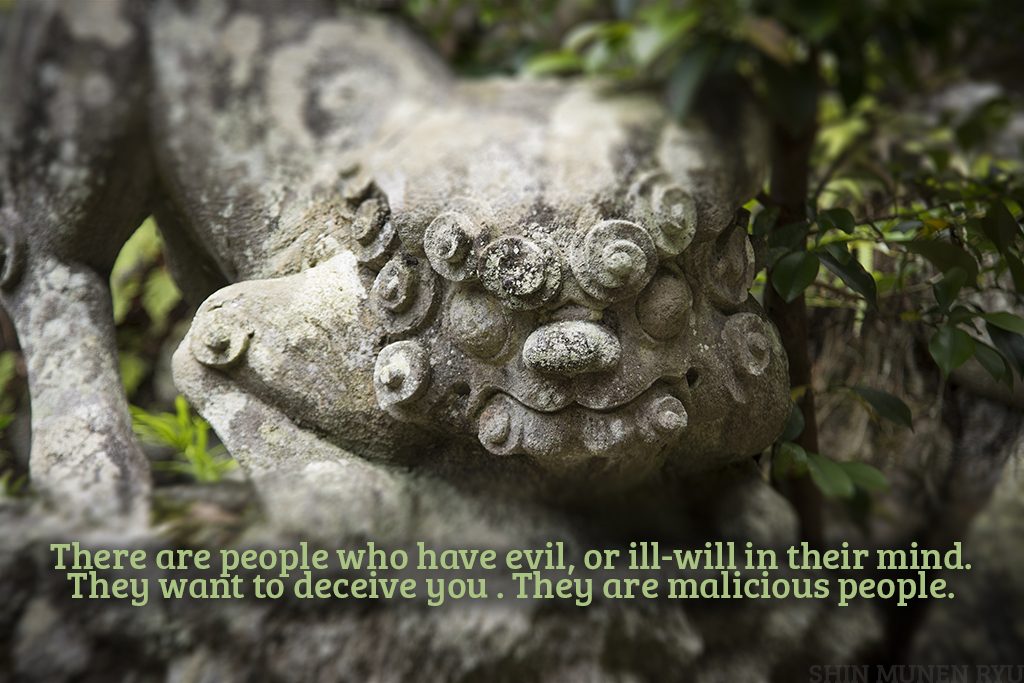
Bad Moon On The Rise
The Buddha explained well and broke down friends who are enemies in disguise. It is important to reflect on these points. The reckless companion stands out, but to me, more important to note is the flatterer with their inability to point out bad behavior allows us to miss opportunities to better ourselves. Who really wants a friend or teacher that is a simple "yes man". Supporting both our good behavior and bad without discrimination is really an atrocious thing to do. Does it help us grow stronger to have that kind of person in our lives?
I also find the friend encouraging the overuse of alcohol and partying to be a problem as well. This leads to even more trouble in our lives. While moderation is just fine the Buddha always warned around the consumption of substances and a lifestyle that creates negative or unwholesome situations or thoughts.
If our drinking or partying has negative effects on those around us it becomes unwholesome. In martial arts, there is often a culture of post-keiko drinking. Usually, this leads to things said while buzzed or drunk. This unmindful behavior creates trouble for ourselves and those we are speaking to or about. Drinking one glass of wine or beer is usually harmless, however its hard for us to be the judge or ourselves when the line is crossed from 100% control and mindfulness to less than that when we can seriously cause harm with our actions and speech.
Taking and not giving is a problem in martial arts as well. Teachers can be very guilty of this. There are many teachers who take students time and money and never give all their teachings. This, of course, is sometimes warranted but there are many who strive to learn well but have a teacher who always keeps things out of reach. The problem is that of generosity. People are not usually so generous. Students as well should be generous to other students and to their teacher.
The Other Side of the Moon
The Buddha spoke of the opposite of enemies named above.
There are four good-hearted friends.
The helper.
The friend who endures through good and bad.
The mentor.
The compassionate friend.
The friend who is a helper. The friend through thick and thin. The friend who gives good counsel. The compassionate friend.
These four friends are indeed good. The wise understand this and attend on them carefully like a mother her own child.
The Buddha talks about the helper giving you protection when you need it. Emotionally and physically. He explains the friend who endures with you through good and bad as someone by sharing intimate thoughts or our own secret thoughts. And when misfortune strikes they don't give up on you. They might ultimately even die for you.
The mentor helps you by restraining you from wrongdoing and instead guides you towards wholesome actions. They give you information that helps you and they show you the correct path to walk. The compassionate friend is one that does not take delight in your troubles or problems. They also prevent others from mistreating you. They encourage those that praise the good things in you.
The Buddha labels the first four as enemies. They should be clearly distinguished from friends. There are people who have evil or ill-will in their minds. They want to deceive you. These are malicious people. There are also people who do things we perceive as bad. They are causing harm without trying to, due to their own ignorance. It is really through their ignorance that they are causing problems. People such as that need to be admonished and instructed.
As students in martial arts, we should listen to those that came before us so that we can reduce our ignorance. These four enemies as friends in disguise are all about wholesome and unwholesome actions. It is the heart of Buddhism. It is the heart of our practice. We should investigate these ideas in our own lives. Surrounding ourselves with those that try to lift us up to be better people is a good thing to strive for. Reduce time spent with those that have characters like the four enemies and embrace those that elevate our lives.

ラジカスキー真照
館長Saneteru Radzikowski is the head sword instructor of Shinkan-ryū Kenpō. He lives and teaches Iaijutsu and Kenjutsu from Nara, Japan.
Duping The Gaijin – Martial Arts Fraud
Some Japanese schools or individuals wish to capitalize on the ignorance of non-Japanese martial artists...
Bujutsu Thoughts
Training in iaijutsu (or any bujutsu) means doing the same thing over and over and...
Budō Practice Is Everywhere
Practicing without many excuses not to is a good practice.
Teaching yourself Iaido and Swordsmanship
The Challenges of Self-Learning Swordsmanship In martial arts, particularly in the study of swordsmanship, a...
Waza: Quality or Quantity?
Waza Waza Everywhere In our respective martial arts systems, we learn many waza 技 (techniques)....
Tachi Iai & Suwari Iai Demonstrations
[fusion_builder_container hundred_percent="no" hundred_percent_height="no" hundred_percent_height_scroll="no" hundred_percent_height_center_content="yes" equal_height_columns="no" menu_anchor="" hide_on_mobile="small-visibility,medium-visibility,large-visibility" status="published" publish_date="" class="" id="" background_color="" background_image="" background_position="center...
How to self-learn sword skills?
How to self-learn sword? A question that pops up in my communications frequently is, “How...
Rei – 礼 – Gratitude In Budo Training Life
Gratitude for our swords and training equipment, and those that made them. To our teachers...
death budo
What have you been distracting yourself with while death is around the corner? Time is...
Jealous Martial Artists
Martial artists should be aware of what can live in the shadow of righteousness; jealousy...
When Protectors Become Perpetrators: Martial Arts Community Failures
Recently, a martial arts instructor (Budo Teacher) faced defamatory accusations in a public forum. A...
Maai; Combative Space-timing
Teaching maai 間合い, the ideas of combative spacing and timing intervals in kenjutsu.
Kesagiri: Anatomy of A Sword Strike
In Japanese swordsmanship, there have been many hundreds of schools. There are, however, only a...
Wisdom Martial Arts Keiko & Buddhism
For those that lack wisdom the way is difficult. It is best to consider the...
Secrets of Swordsmanship: In-yō. Ying & Yang
I wanted to talk about IN-YŌ 陰陽, or more commonly known as yin & yang....
The End of Training & Boredom In Martial Arts
Budō Is Limitless When does training end? When do we become a master? The short...
You With Sword In Hand, Calm Yourself
The mental issues involved with subscribing to someone you dislike, hate, have anger towards, desire...
Bujutsu Centering
When practicing bujutsu we should always work on being centered. For non-practitioners, it is also...
Japanese Era 710-1868 Part 1 Nara & Heian
Nara period. 710-794 We shall begin with the Nara period. 710-794. Japan had recently changed...
Estás Involucrado en un Culto de Artes Marciales?
Recientemente tuve una conversación con alguien que se refirió a su escuela como una genuina...
Practice. Time Is Fleeting
In #budo as well as life, in general, we should avoid wasting time. We need...
Iaijutsu Iaido Sword Timing Lesson
Timing while training alone is an important aspect to keep alive and well in the...


